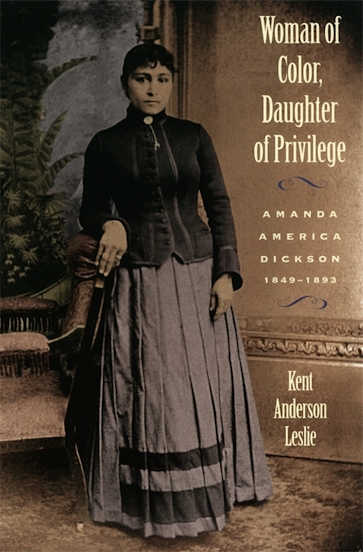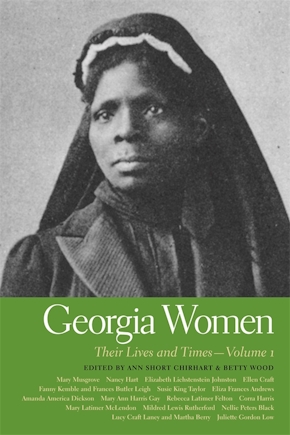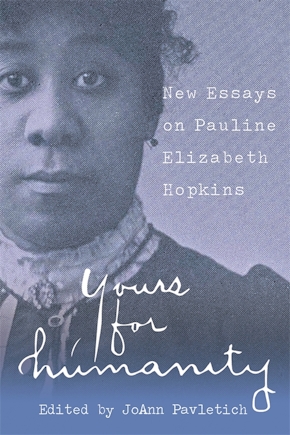Woman of Color, Daughter of Privilege
Amanda America Dickson, 1849-1893
Title Details
Pages: 248
Illustrations: 14 b&w photos
Trim size: 6.000in x 9.000in
Formats
Paperback
Pub Date: 10/01/1996
ISBN: 9-780-8203-1871-4
List Price: $23.95
Other Links of Interest
• Learn more about Amanda America Dickson at the New Georgia Encyclopedia
Woman of Color, Daughter of Privilege
Amanda America Dickson, 1849-1893
Skip to
- Description
- Reviews
- Awards
This fascinating story of Amanda America Dickson, born the privileged daughter of a white planter and an unconsenting slave in antebellum Georgia, shows how strong-willed individuals defied racial strictures for the sake of family. Kent Anderson Leslie uses the events of Dickson's life to explore the forces driving southern race and gender relations from the days of King Cotton through the Civil War, Reconstruction, and New South eras.
Although legally a slave herself well into her adolescence, Dickson was much favored by her father and lived comfortably in his house, receiving a genteel upbringing and education. After her father died in 1885 Dickson inherited most of his half-million dollar estate, sparking off two years of legal battles with white relatives. When the Georgia Supreme Court upheld the will, Dickson became the largest landowner in Hancock County, Georgia, and the wealthiest black woman in the post-Civil War South.
Kent Anderson Leslie's portrayal of Dickson is enhanced by a wealth of details about plantation life; the elaborate codes of behavior for men and women, blacks and whites in the South; and the equally complicated circumstances under which racial transgressions were sometimes ignored, tolerated, or even accepted.
Excellent social history . . . Leslie's outstanding detective work illuminates issues of race and class in the life of a woman who escaped the limits of both.
—Publishers Weekly
Leslie pieces together a story that provides a surprisingly detailed account of life in the nineteenth-century South.
—Booklist
Leslie overcomes the limitations of her sources to provide new insights on the intersection of race, class, and gender in the postbellum South, through the life of this remarkable woman.
—Choice
While painstakingly reconstructing the identity and experiences of a woman who was born a slave but raised as free, Leslie discovered and then described a South where day-to-day social relations often defied social prescription. . . . A lovingly written account of the life of a heretofore unknown southern woman. Yet it is much more than that. This slim volume is also eloquent testimony to a woman whose very identity and experiences called race-based slavery into question. It is there, where the unusual is portrayed as usual, that the book excels. For it is there that Leslie demonstrates that more open, or fluid, race relations could exist in the nineteenth-century South.
—Journal of American History
Winner
25 Books All Georgians Should Read, Georgia Center for the Book



